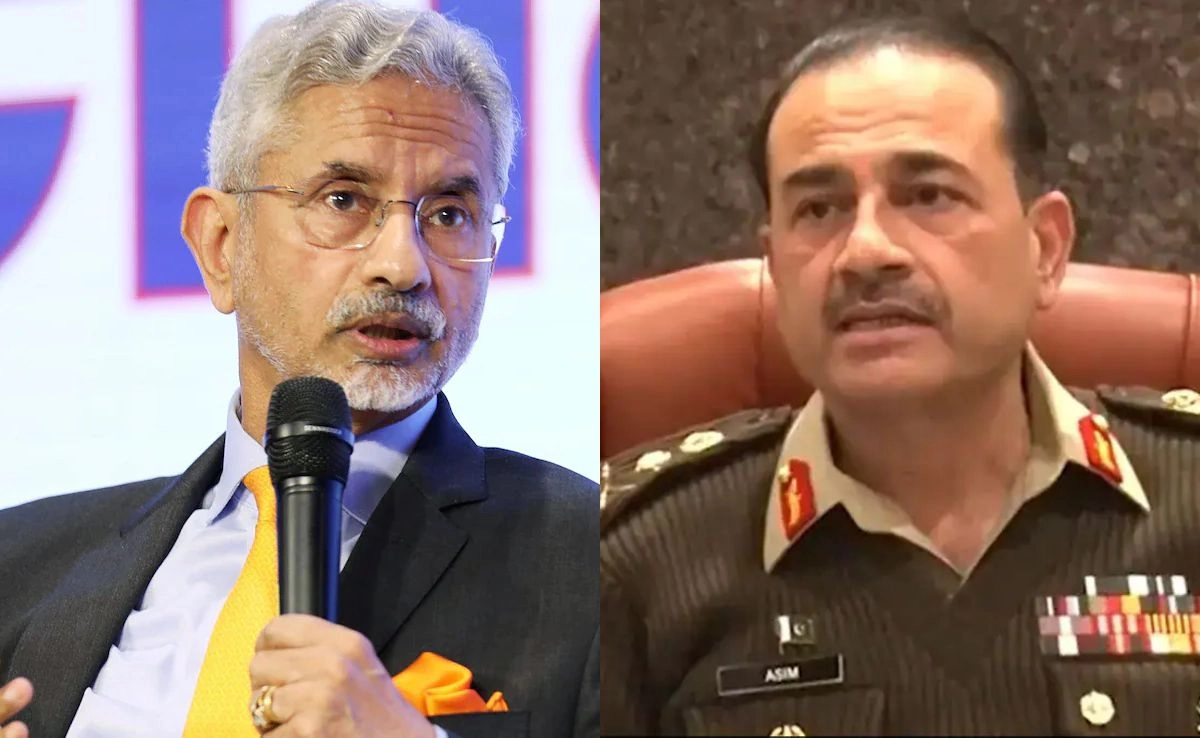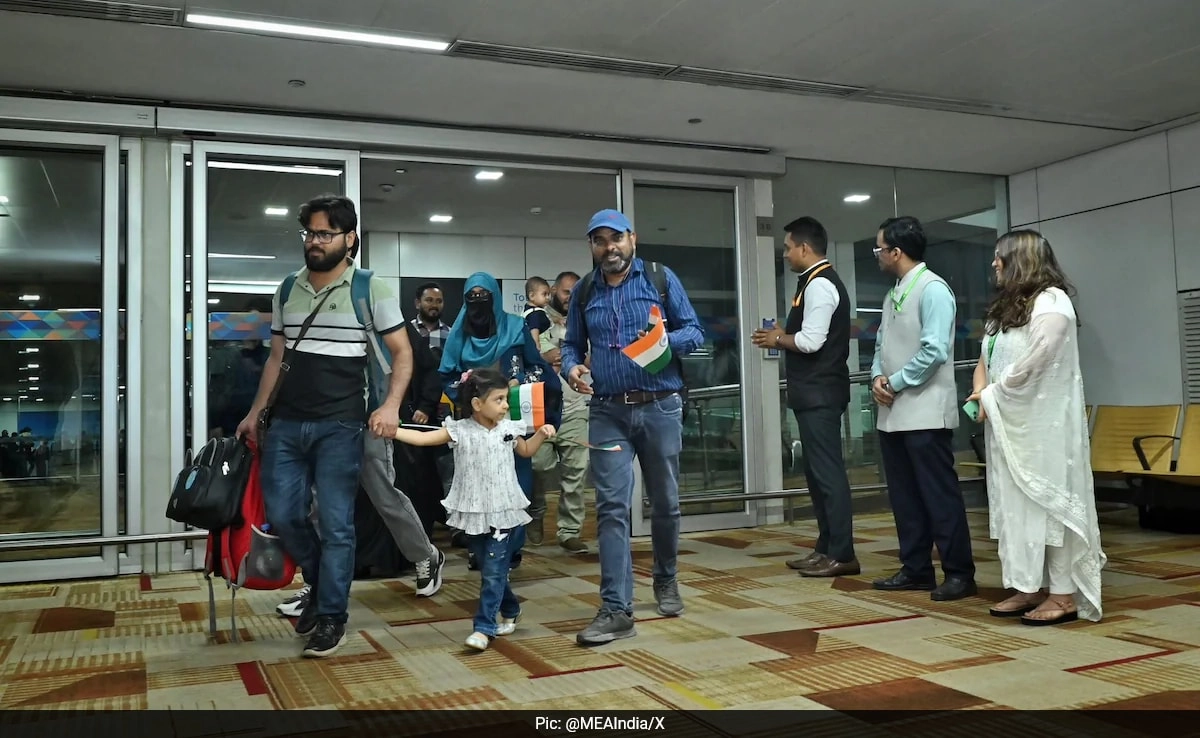In a recent statement, Indian External Affairs Minister S. Jaishankar addressed the concerning religious outlook of the Pakistani Army Chief, particularly in the context of the ongoing situation in Pahalgam. This remark underscores the complexities entwined in the geopolitical landscape of South Asia, where military leadership often intertwines with religious ideologies that can influence regional stability. Jaishankar emphasized that such extreme religious perspectives not only affect military strategies but also have broader implications for peace and security in the region.
Pahalgam, a picturesque town in Jammu and Kashmir, has been a focal point of contention between India and Pakistan for decades. The area’s strategic significance is compounded by its natural beauty, which attracts both tourists and militants alike. Jaishankar’s comments highlight the potential for extremist views within military leadership to exacerbate tensions in regions like Pahalgam, where the local populace is often caught in the crossfire of larger political agendas. By bringing attention to this issue, Jaishankar aims to shed light on how entrenched ideologies can shape not only military operations but also affect civilian life and regional development.
Moreover, the implications of such extreme religious outlooks extend beyond immediate military concerns. They can foster an environment where radicalization becomes prevalent, further fueling conflicts and undermining efforts for reconciliation. Jaishankar’s remarks serve as a reminder that addressing the underlying ideological drivers of conflict is as crucial as addressing the tactical military strategies employed by nations. It calls for a nuanced understanding of how religion can be manipulated within military contexts to justify aggressive actions, leading to cycles of violence that are difficult to break.
In conclusion, S. Jaishankar’s observations regarding the Pakistani Army Chief’s extreme religious outlook are not just a commentary on military affairs but are indicative of the broader challenges facing South Asia. The intersection of religion and military power poses significant risks to the stability of the region, particularly in sensitive areas like Pahalgam. As such, it is imperative for regional leaders to engage in dialogue that transcends these entrenched ideologies, fostering a more peaceful coexistence that prioritizes the welfare of the people over political and military ambitions.




